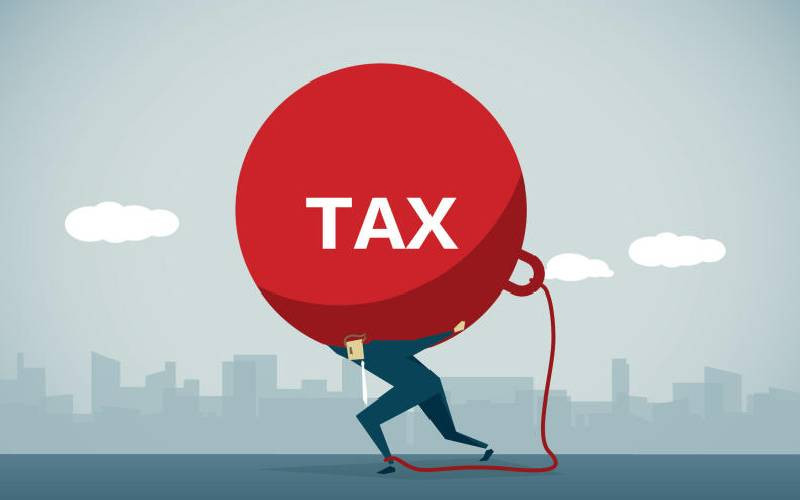×
The Standard e-Paper
Stay Informed, Even Offline

During the 2018-2019 Budget Statement reading, then National Treasury Cabinet Secretary Henry Rotich detailed how the turnover tax introduced in 2006 had become unsuccessful in netting the informal economy.
He told the country that compliance levels had become low due to the profile of the sector and tabled a proposal to deal with these ghost enterprises.